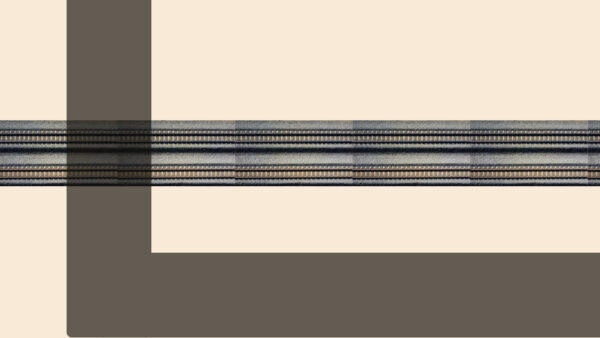While busying themselves making a sweet spread for our toast, bees also provide extremely accurate and localised snapshots of air pollution and its sources, a study at the University of British Columbia (UBC) has found.
In the first study of its kind in North America, scientists tested honey from beehives in six Vancouver neighbourhoods, and found traces of lead.
They ascertained the lead was from Asia, presuming it came via the Port of Vancouver, which receives 70% of its cargo ships from large cities in the Asia-Pacific region.
It shouldn’t put Vancouverites off their honey, though, as the lead content was well below the worldwide average and adults would have to consume more than two cups a day to exceed tolerable levels.
The researchers, from the UBC’s Pacific Centre for Isotopic and Geochemical Research (PCIGR), say honey can provide usefully localised “snapshots” of the environment because honey bees forage for pollen and nectar within 3km of their hives. Â
Kate E. Smith, lead author of the study, said: “The good news is that the chemical composition of honey in Vancouver reflects its environment and is extremely clean.
“We also found that the concentration of elements increased the closer you got to downtown Vancouver, and by fingerprinting the lead we can tell it largely comes from manmade sources.
“One of the exciting parts of this study is that it bridges science with community interests. Honey sampling can easily be performed by citizen scientists in other urban centres, even if they lack other environmental monitoring capabilities.”
Dominique Weis, senior author of the study, said: “The instruments at PCIGR are very sensitive and measure these elements in parts per billion, or the equivalent of one drop of water in an Olympic-sized swimming pool.
“We now have four years of consistent data from Metro Vancouver, which provides a present-day baseline that will allow us to monitor even tiny changes in our environment very efficiently.”
Conducted with the help of Hives for Humanity, a local non-profit, the study was published in academic journal Nature.
Image: A bee (Martin Kopta/WIkimedia Commons/CC BY 3.0)
Comments
Comments are closed.







great news hopefully this will increase the value of bees to the environment and might possibly stop the threat to their existence.